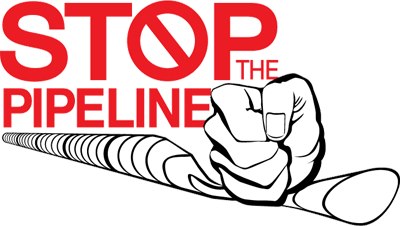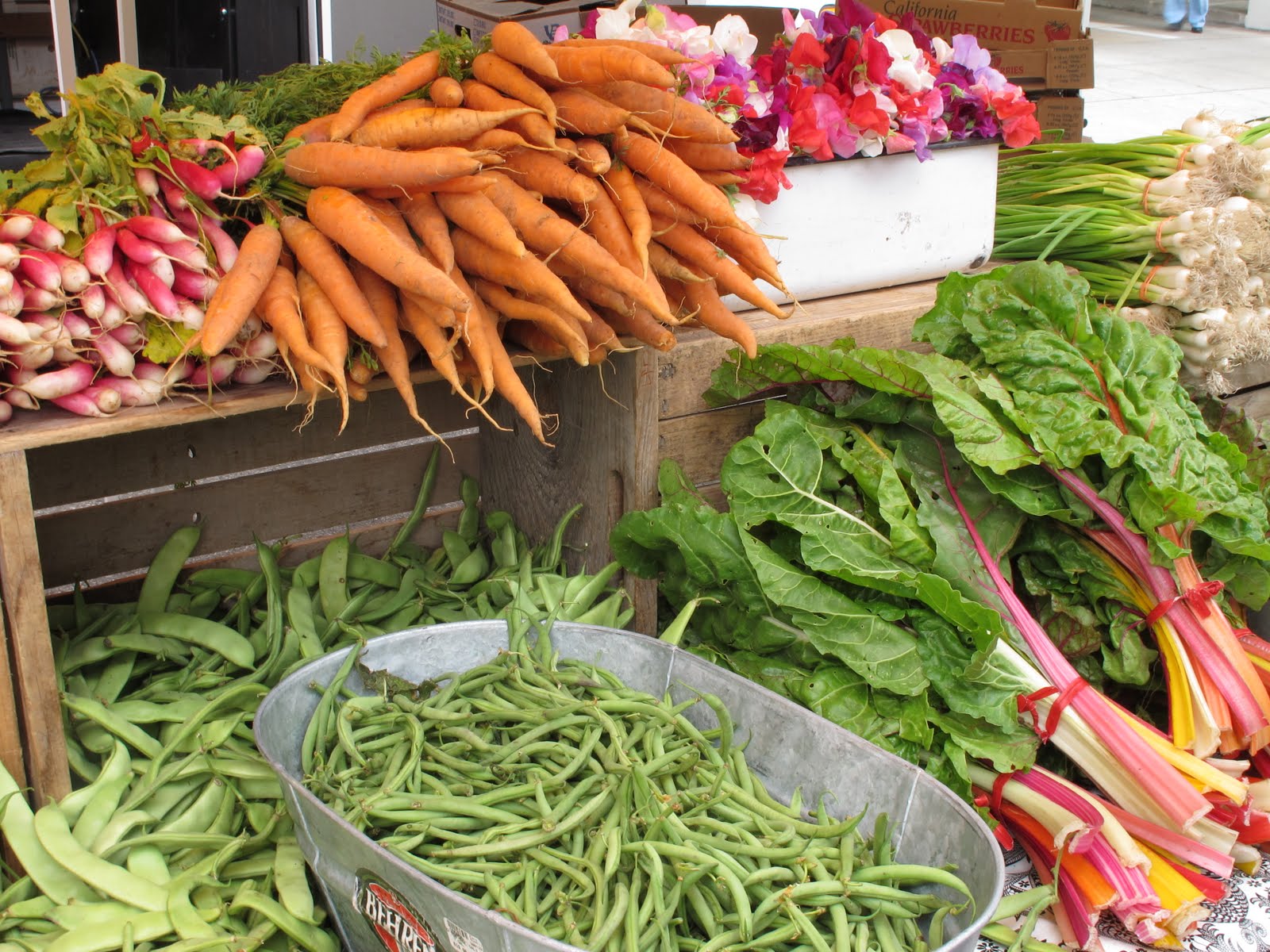Stop the Constitution Pipeline
Known as the Keystone Pipeline of natural gas, the Constitution Pipeline is currently being considered for construction in the? Northeast.?Carrying gas through 126 miles of forests and waterways in central New York, the pipeline would ship Pennsylvania?fracked gas up through the NY’s Southern Tier, along the I-88 corridor into Schoharie County. If completed, it would cross major waterways, over 550 acres of farmland, and miles of fragile wetland ecosystems. This environmentally destructive project must be stopped.?To take action, please send a letter with your comments to the Department of Environmental Conservation (NYSDEC) by February 27. Click here to send your comments today.
Northeast.?Carrying gas through 126 miles of forests and waterways in central New York, the pipeline would ship Pennsylvania?fracked gas up through the NY’s Southern Tier, along the I-88 corridor into Schoharie County. If completed, it would cross major waterways, over 550 acres of farmland, and miles of fragile wetland ecosystems. This environmentally destructive project must be stopped.?To take action, please send a letter with your comments to the Department of Environmental Conservation (NYSDEC) by February 27. Click here to send your comments today.
Don’t Let the Food Industry Influence Dietary Guidelines
On Thursday, the Obama administration?s Dietary Guidelines Advisory Committee released their 2015 report. The committee (finally!) acknowledged that a sustainable diet, higher in plant-based foods and lower in animal-based foods, is better for both our health and the planet than the current American diet. The report also recommends eating less saturated fat in meat, cheese, butter, coconut, and palm kernel oil, and the trans fat in some processed foods. While there seems to be some improvement since 2010, the report suggests that all American adults make seafood a regular part of their diets, but concluded that the benefits of seafood consumption outweigh the risks of contaminants, including mercury.
 Despite the substantial amount of evidence of the dangers of mercury exposure (particularly for pregnant women), the proposed 2015 Dietary Guidelines ignores these findings.? The lack of clear guidelines on seafood consumption puts the potential benefits of seafood consumption at risk. It is true that Omega 3’s are good for us, but do farm raised fish, that are eating pellets made from chicken scraps, even contain the Omega 3’s we want to ingest? They don’t distinquish between farm raised fish and wild fish in the study. Therefore, we must each do own own research about farm raised fish vs. wild fish, and the dangers of mercury and high PCB’s in fish.
Despite the substantial amount of evidence of the dangers of mercury exposure (particularly for pregnant women), the proposed 2015 Dietary Guidelines ignores these findings.? The lack of clear guidelines on seafood consumption puts the potential benefits of seafood consumption at risk. It is true that Omega 3’s are good for us, but do farm raised fish, that are eating pellets made from chicken scraps, even contain the Omega 3’s we want to ingest? They don’t distinquish between farm raised fish and wild fish in the study. Therefore, we must each do own own research about farm raised fish vs. wild fish, and the dangers of mercury and high PCB’s in fish.
The release of the report will certainly have corporate lobbyists, hired by the meat, sugar, and other agribusiness interests, working hard to change anything listed in the guidelines that could be detrimental to their profits. We must remind the HHS and USDA not to let the food industry interfere with the Dietary Guidelines Advisory Committee’s recommendations and to listen ( and question) the scientists and experts who spent more than a year poring over the scientific evidence on public health. Click here to send a letter to the HHS and USDA asking them to put our health before the interests of corporations.
Let’s End Our Reliance on Fossil Fuels
Through our commitment, New Yorkers from all across the state came together and successfully banned fracking in New York State. Unfortunately, our job is far from done. If we want to be fully free of our dependence on fossil fuels, the ban on fracking? must be a first step, rather than a final one. Join in and help us get to the next step by demanding that the Public Service Commission end New York’s reliance on fracked natural gas and other fossil fuels. We must stick to the firm commitment to extend the state’s renewable energy target to ensure that a minimum of 50% of our energy comes from renewable sources by 2025.?Click here to sign the petition and your signature will be sent directly to the Public Service Commission.
must be a first step, rather than a final one. Join in and help us get to the next step by demanding that the Public Service Commission end New York’s reliance on fracked natural gas and other fossil fuels. We must stick to the firm commitment to extend the state’s renewable energy target to ensure that a minimum of 50% of our energy comes from renewable sources by 2025.?Click here to sign the petition and your signature will be sent directly to the Public Service Commission.
*NEW* USDA National Hunger Hotline
If you, or anyone you know, is in need of food, there is now a new resource available. The New York City Coalition Against Hunger is now operating the USDA National Hunger Hotline. The hotline provides individuals and families, information on how to obtain food. The USDA National Hunger Hotline staff connects callers with emergency food providers in their community, government assistance programs, and various social services.
During summer months, the hotline provides information about meal sites where children 18 years old and under, can get free, nutritious meals through the USDA Summer Food Service Program.
The hotline can be reached at 1-866-3-HUNGRY?or?1-877-8-HAMBRE?(for Spanish) from Monday?through?Friday (8 a.m. to 8 p.m. ET).

Comments are closed.